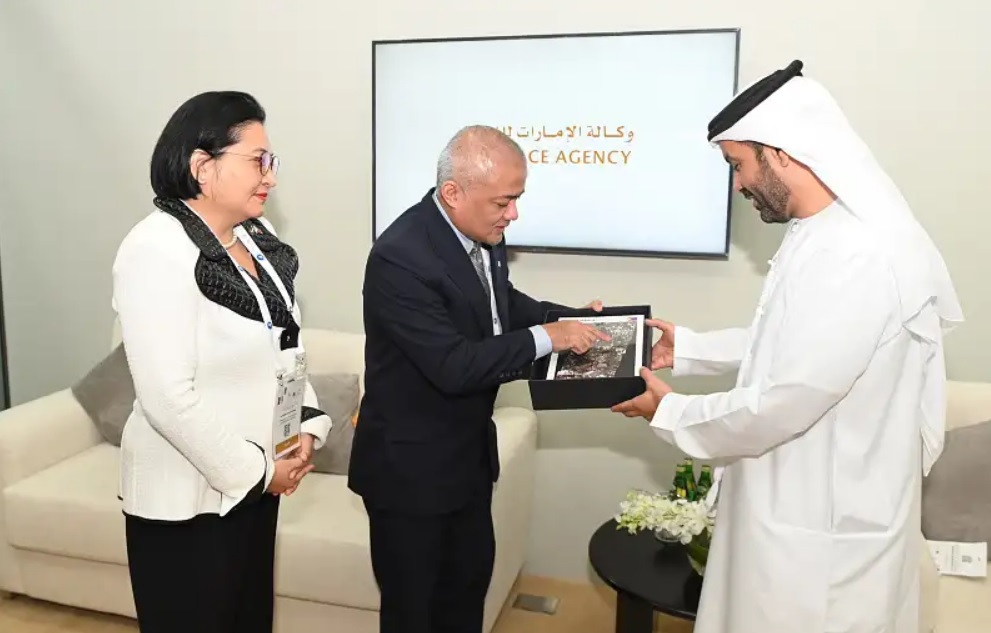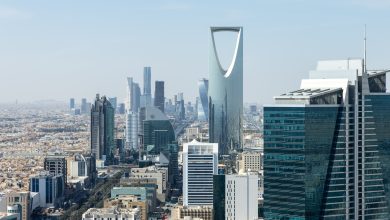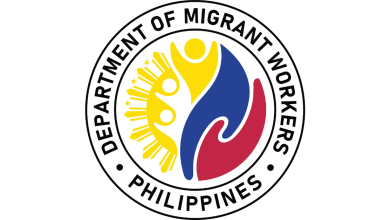The Philippines takes a significant step in bolstering its space exploration efforts by forging a collaborative agreement with the UAE.
Philippine Space Agency (PhilSA) Director General (DG) Dr. Joel Joseph Marciano, Jr. presented a draft of the Memorandum of Understanding (MoU) to United Arab Emirates Space Agency (UAESA) Director General His Excellency Salem Butti Salem Al Qubaisi during the Space Week at Expo 2020 Dubai and the 72nd International Astronautical Congress.
The agreement is the fruit of the first virtual dialogue held months prior in August 2021 which coincided with the 47th anniversary of the establishment of diplomatic relations between the Philippines and the UAE initiated by the Philippine Embassy in the UAE, through Philippine Ambassador to the UAE, H.E. Amb. Hjayceelyn Quintana.
Both space agencies expressed their keenness to formalize their partnership this coming February 2022 to coincide with the upcoming National Day Celebrations of the Philippines at Expo 2020 Dubai.

Forming linkages
Among the key aspects of the partnership between both space agencies is to act as the bridge that connects Filipino and Emirati space specialists and students who could collaborate to form joint efforts in future space explorations.
In an interview with The Filipino Times, Dr. Marciano highlighted that this kind of professional relationship has its roots on universities and student and faculty exchange programs.
“One of the things that we are looking at is to connect our researchers, scientists, and engineers together because by working together with our Emirati counterparts, they can build longer lasting relationships passively through the universities. By having this academic linkage as a base, we’re laying the foundation where Filipinos and Emiratis build strong relationships that will continue because that’s the culture in the university,” said Dr. Marciano.
The PhilSA Director General likewise stressed the importance of establishing new connections to not only generate interest, but sustain the curiosity of the youth in space studies.
“It’s really about linking people together. Emiratis already know Filipinos and we already know them to some extent, but we want to also establish new connections with them this time when the conversation is about space. In the UAE, right now their young people are very interested in space. And so I believe we have also things to offer like insights and perspectives so we’re connecting our people together in this area,” said Dr. Marciano.
Exploring Mars together
Dr. Marciano also lauded the UAE’s successful missions in space to date, stating that experts from the Philippines hope to cooperate and contribute by analyzing the data that the Mars Hope Probe has gathered.
“The UAE space agency and the Mohammed bin Rashid Space Center have very wonderful plans of space exploration and we are really in awe and are inspired by their plans. Among the things that we discussed also was the outputs of the Mars Hope Probe, which they are going to share with the rest of the world and certainly we want our Filipino scientists to be able to access that data and contribute to the science as well,” said Dr. Marciano.
Dr. Gay Jane P. Perez, Deputy Director General, Space Science & Technology said that this point of collaboration between the UAE’s space data from Mars that will soon be analyzed by Filipino specialists will help the international community find a deeper perspective about the Earth’s atmosphere as well.
“We will also learn a lot by understanding the dynamics of the atmosphere in Mars, it can also be translated to understanding the dynamics of our atmosphere here on Earth, especially if you look at, climate change and warming temperatures. We can learn some insights by looking at atmosphere of other planets,” said Dr. Perez.
Tapping the youth
The PhilSA Director General underscored that there’s a growing interest among the Filipino youth who intend to apply what they are learning about space to find solutions to problems that they observe in their immediate surroundings.
“Both the Philippines and the UAE have a very vibrant startup community now in space and that’s also in line with our goals. There are many young Filipinos who are interested in going into the space business, not necessarily to launch rockets or to launch space probes, but there are young Filipinos who want to use space data satellite images, and apply artificial intelligence and machine learning techniques and remote sensing and this is to address challenges here on Earth,” said Dr. Marciano.
Dr. Perez states that scholarships are also available at PhilSA for graduate studies and that they are currently conducting studies with the Department of Education to gauge and explore ways to improve the study of space science at a younger age.
“We are conducting a baseline study to understand the status of how space science are currently taught in the K to 12 curriculum. So from understanding this baseline, the PhilSA can provide recommendations on how we can improve or enhance the integration of space science and technology, not just in the formal curriculum but also in extracurricular activities or out of classroom activities, like fairs, student clubs and those avenues,” said Dr. Perez.




